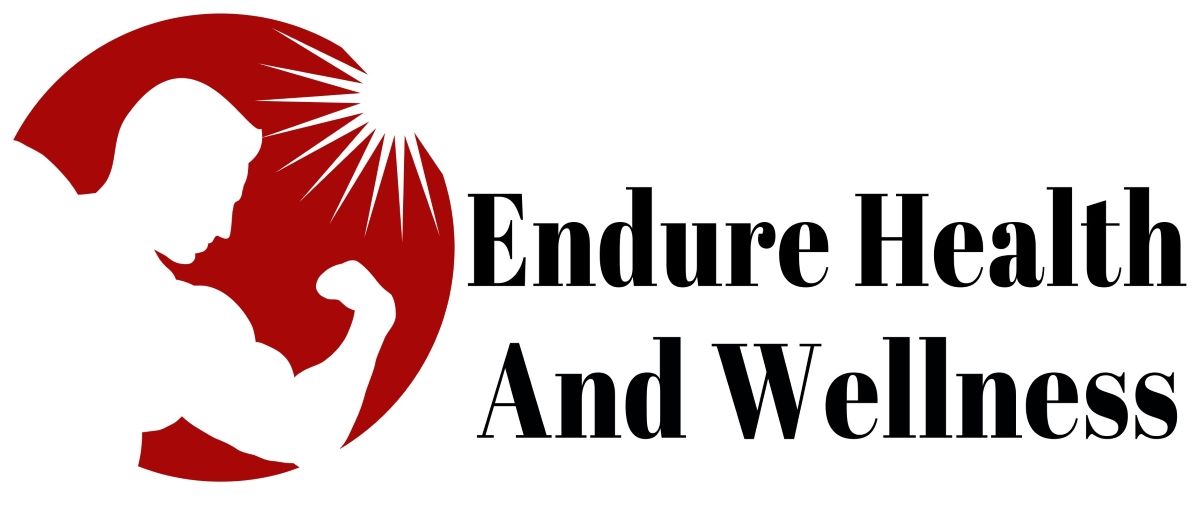Endure Health and Wellness Blog
Unlocking Optimal Health through Nutrition: A Comprehensive Guide

Nutrition plays a pivotal role in achieving and maintaining optimal health. By nourishing our bodies with the right balance of nutrients, we can enhance our overall well-being, boost our immune system, and reduce the risk of chronic diseases. In this blog, we delve into the fundamental principles of nutrition and provide actionable tips to help you optimize your dietary choices.
- Embrace a Balanced Diet:
A balanced diet is the cornerstone of good nutrition. It involves consuming a variety of nutrient-dense foods from all food groups, including fruits, vegetables, whole grains, lean proteins, and healthy fats. Each food group contributes specific vitamins, minerals, and macronutrients that are essential for our bodies to function optimally.
- Prioritize Nutrient Density:
Optimal nutrition relies on consuming foods that are rich in nutrients while being mindful of portion sizes. Nutrient-dense foods, such as leafy greens, colorful fruits, whole grains, and lean proteins, provide a wealth of vitamins, minerals, and antioxidants. They offer the greatest nutritional value per calorie consumed and help ensure we meet our daily requirements for essential nutrients.
- Hydration Matters:
Staying adequately hydrated is crucial for optimal health. Water plays a vital role in nearly every bodily function, from regulating body temperature to aiding digestion and nutrient absorption. Aim to drink at least eight glasses of water per day and adjust your intake based on activity level, climate, and individual needs. Remember, thirst is not always an accurate indicator of hydration, so make a conscious effort to drink water regularly.
- Mindful Eating:
Practicing mindful eating involves paying attention to the sensory experience of eating, listening to hunger and fullness cues, and savoring each bite. Slow down, chew your food thoroughly, and eat without distractions. This approach promotes better digestion, enhances satisfaction, and fosters a healthy relationship with food.
- Limit Added Sugars and Processed Foods:
Excess added sugars and highly processed foods can contribute to weight gain, inflammation, and an increased risk of chronic diseases. Read food labels carefully and avoid products with added sugars, artificial sweeteners, and unhealthy trans fats. Instead, focus on whole, unprocessed foods that provide the necessary nutrients your body needs to thrive.
- Personalization and Moderation:
Nutrition is not a one-size-fits-all approach. Each individual has unique dietary needs, preferences, and health goals. Seek guidance from a qualified healthcare professional who can help personalize your nutrition plan based on your specific requirements. Remember, moderation is key. Allow yourself the flexibility to enjoy occasional treats while maintaining a balanced and nutritious diet overall.
Nutrition is a powerful tool for optimizing health and well-being. By embracing a balanced diet, prioritizing nutrient-dense foods, staying hydrated, practicing mindful eating, and limiting processed foods and added sugars, you can take significant strides toward achieving and maintaining optimal health. Remember, small changes to your eating habits can yield substantial long-term benefits. Start nourishing your body today for a healthier tomorrow.










